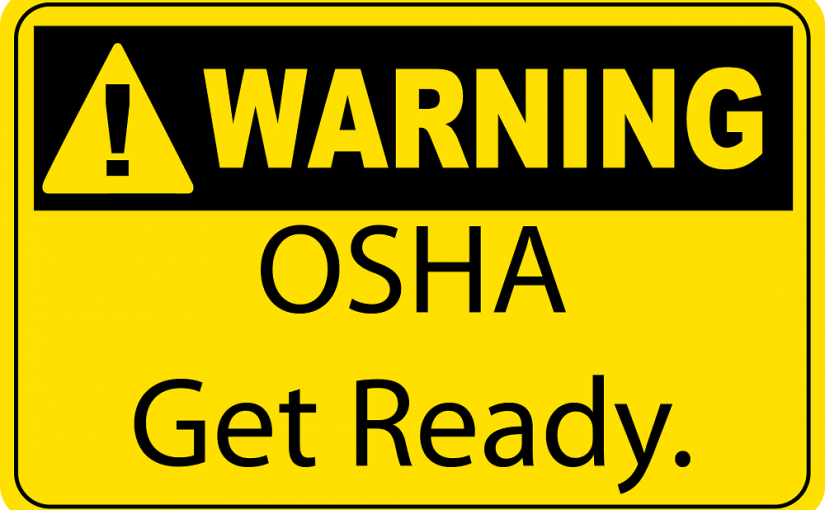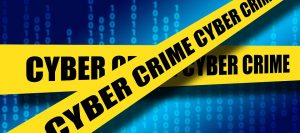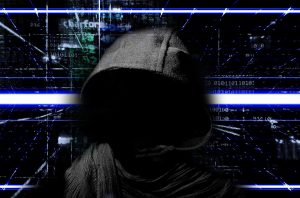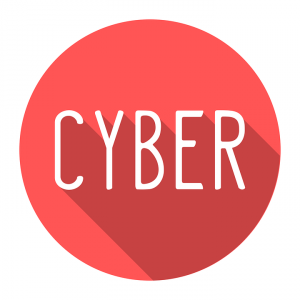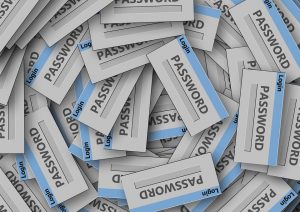OSHA stands for the Occupational Safety and Health Administration. This government organization is part of the United States Department of Labor. It is the department within the government in charge of the safety and health of workers in the workplace. If you have employees in your business, you need to know about regulations. Any business with one or more employees must comply with OSHA regulations. Here is some information about the history and the three main aspects of the organization.

OSHA was created in 1970 as part of the OSHA Act. This act created to ensure safe and healthful working conditions, as well as to to preserve human capital throughout the workforce of the United States. One primary aspect the training and education of OSHA focuses on is accident prevention. Prior to this act, there were no laws in place to specifically address safety and health in the workplace. Congress created this act in response to workplace accidents amounting to 14,000 worker deaths annually. Since its inception, OSHA has cut the work-fatality rate by more than half. There are three tactics the organization uses to improve workplace safety throughout the United States: Education, Training and Enforcement.

Education
One aspect of OSHA that far too many businesses do not realize is their focus on Education and Training. The OSHA Training Institute (OTI) Education Center Program was created in 1992 as a response to a growing number of requests for training from private sector personnel and Federal personnel from other agencies increased throughout the 1980’s. The two most popular courses currently include the #500 Trainer Course in Occupational Safety and Health Standards for the Construction Industry and #501 Trainer Course in Occupational Safety and Health Standards for General Industry. Additional courses include topics such as Hazardous Materials, Machine Guarding, Ergonomics, Confined Space, Excavation, Electrical Standards and Fall Arrest Systems.
Training
OSHA is most known for enforcement and instituting fines, but arguably the most important part of OSHA is Employee Training. As part of its duty to keep the workforce safe and productive, OSHA requires all businesses to create an emergency action plan and take steps to set up a training program to train all employees in all aspects of the OSHA plan. What must be included in this plan is how to deal with hazardous substances, blood-borne pathogens, emergency situations, and what to do if an inspector comes to your workplace.
Enforcement
In addition to education and training, OSHA is tasked with enforcement. This is what the organization is most known for. Officials can issue fines ranging into the tens of thousands of dollars for violations, and they can refer violators for criminal prosecution if they deem such action is warranted. Any business with employees must comply with regulations. If your small business had 10 or fewer employees during the last year, you don’t have to file an injury or illness reports, but you still must comply with all other regulations. It is the responsibility of the business owner to ensure their business and all employees are trained to be in compliance with OSHA Regulations.


